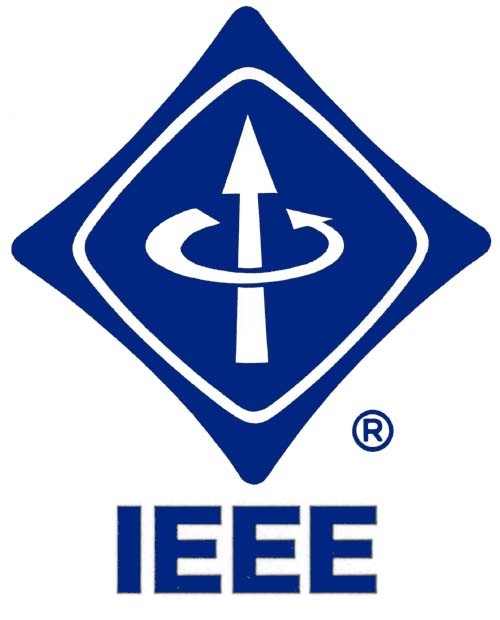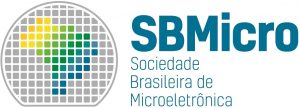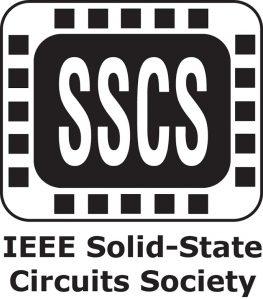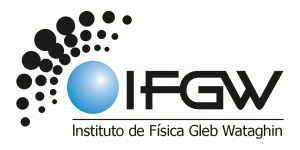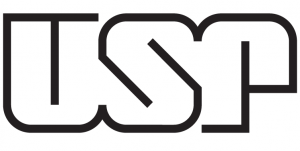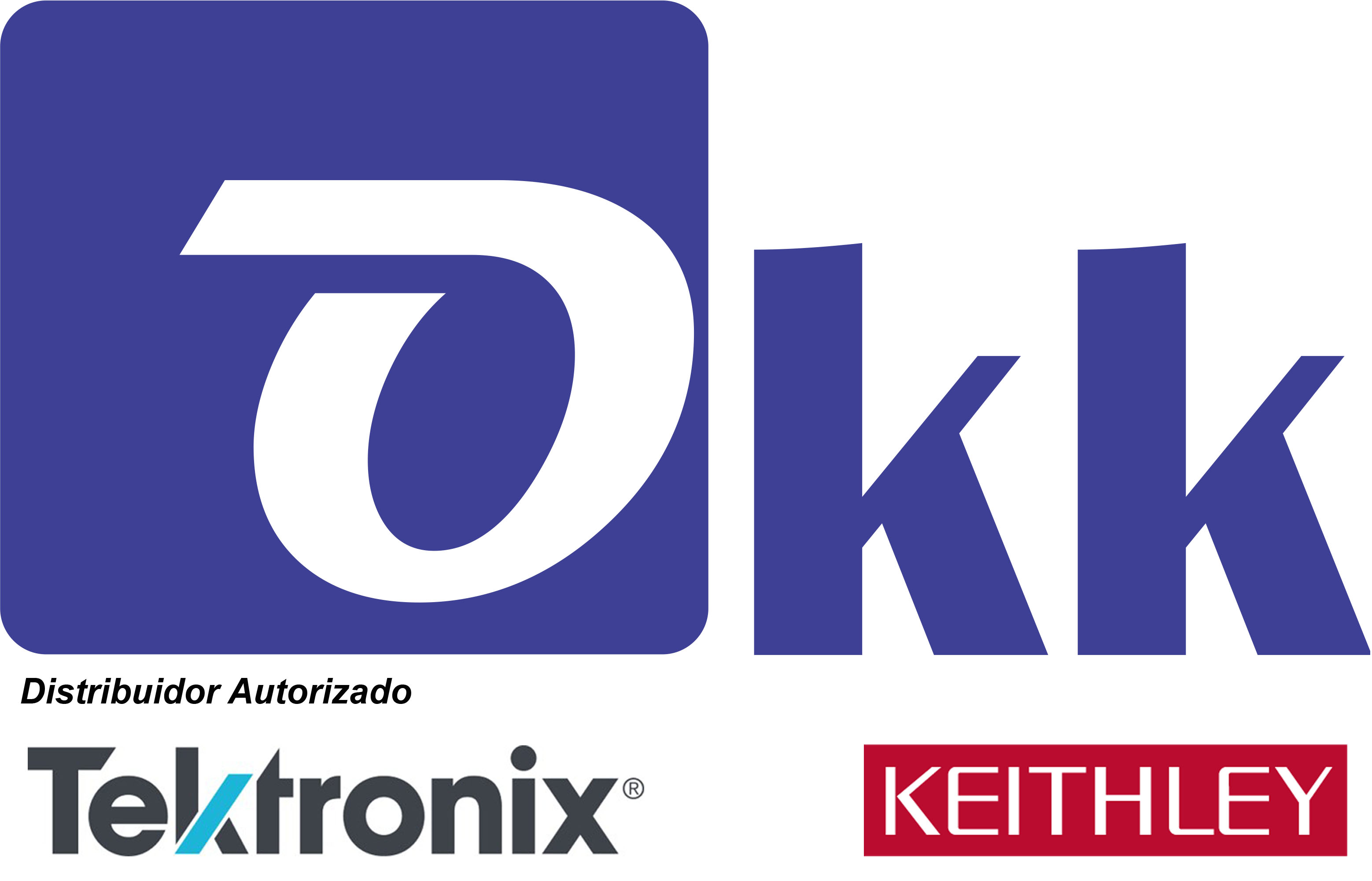Semiconductor are the center of technological innovations. They are critical for economic competitiveness and national security. Innovation in semiconductors is foundational in developing advances to drive the global economy into the era of digital transformation, artificial intelligence and 5G communications. Revolutionary applications as virtual reality experiences, the Internet of Things, Industry 4.0 systems and self-driving vehicles are on their way to becoming commercial realities.
During the pandemic, due to disruptions in the supply chain, there was a worldwide shortage of semiconductors, and several countries are now looking to reduce their dependence on imports and move to geographically closer suppliers, and Brazil can benefit from the US nearshoring strategy.
This is an excellent time to discuss the challenges and opportunities for the semiconductor industry in Brazil.

Rogério Nunes is the President of SMART Modular Technologies in Brazil. Rogério also holds the positions of Director of the Brazilian Association of the Electroelectronic Industry (ABINEE) for the sector of electrical and electronic components, and President of the Brazilian Association of the Semiconductor Industry (ABISEMI).
Graduated in electronic engineering from the Faculty of Industrial Engineering (FEI), Rogério holds an MBA in Business Management from the Escola Superior de Propaganda e Marketing (ESPM). Rogério is also a specialist in Foreign Trade at Aduaneiras and has several other specializations in quality and reliability of electronic components, with emphasis on the area of semiconductors. His academic experience also includes teaching electronics in technical colleges.
His professional career began at NEC do Brasil, where he held various positions mainly related to the manufacture of semiconductor components, until in 1997 he started a small memory module assembly operation that was acquired by SMART in 2002 and Rogerio then led these operations in the country . In 2005, he was directly responsible for making SMART the first company to use technology for encapsulating and testing DRAM and Flash memory integrated circuits in Brazil, and for making it the largest semiconductor component manufacturing company in the country.



